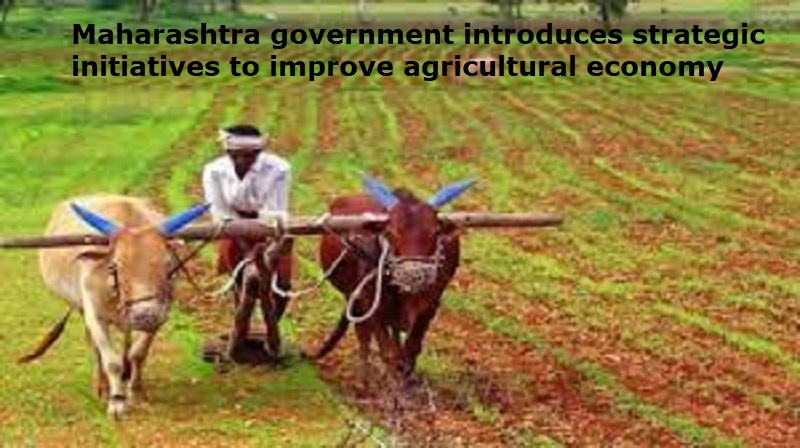
Mumbai: The Union government has introduced several strategic initiatives to improve agricultural economy. These initiatives were introduced as the Narendra Modi government has recognized the critical challenges facing the agricultural sector like climate change, unpredictable weather patterns, and the pressures of the global market.
The revision of the minimum base prices for essential crops is one of the such crucial step. This will ensure that farmers receive fair compensation for their produce. By adjusting these prices for commodities like onions, soybeans, and cotton, the government aims to shield local farmers from the volatility of international markets and environmental factors. To further aid farmers, especially those cultivating soybeans and onions who are vulnerable to global price shifts, the Indian government has rolled out specific financial support programs.
The introduction of the Bhavantar Yojana, along with a financial aid package of Rs 5000 per hectare for soybean farmers, exemplifies the targeted assistance provided. Furthermore, the purchase of soybeans through NAFED at unprecedented prices and subsidies for cashew growers in Konkan are actions taken to ensure the profitability and stability of these agricultural sectors.
Also Read: Legendary F1 driver Fernando Alonso visits Cognizants office in Chennai
Maharashtra is a state which has benefitted from these programmes as a significant portion of the population in the state relies on farming. In Maharashtra, the government’s investment in infrastructure and support systems signifies a forward leap in agricultural enhancement. The distribution of free agricultural electricity to 44 lakh farmers and the cancellation of their outstanding electricity bills mark a significant improvement in the resources available for cultivation.
The Chief Minister’s Solar Agriculture Scheme, which sets forth a three-megawatt solar power project, promises to provide farmers with free daytime electricity.
The Maharashtra government’s approval of river linking projects and the development of the Marathwada Water Grid are strategic responses to the persistent issue of water scarcity. These initiatives are expected to significantly increase water availability for irrigation across various districts. The construction of the Samriddhi Highway and the creation of a logistics hub are infrastructural developments aimed at speeding up the transport of agricultural goods to markets.

Post Your Comments